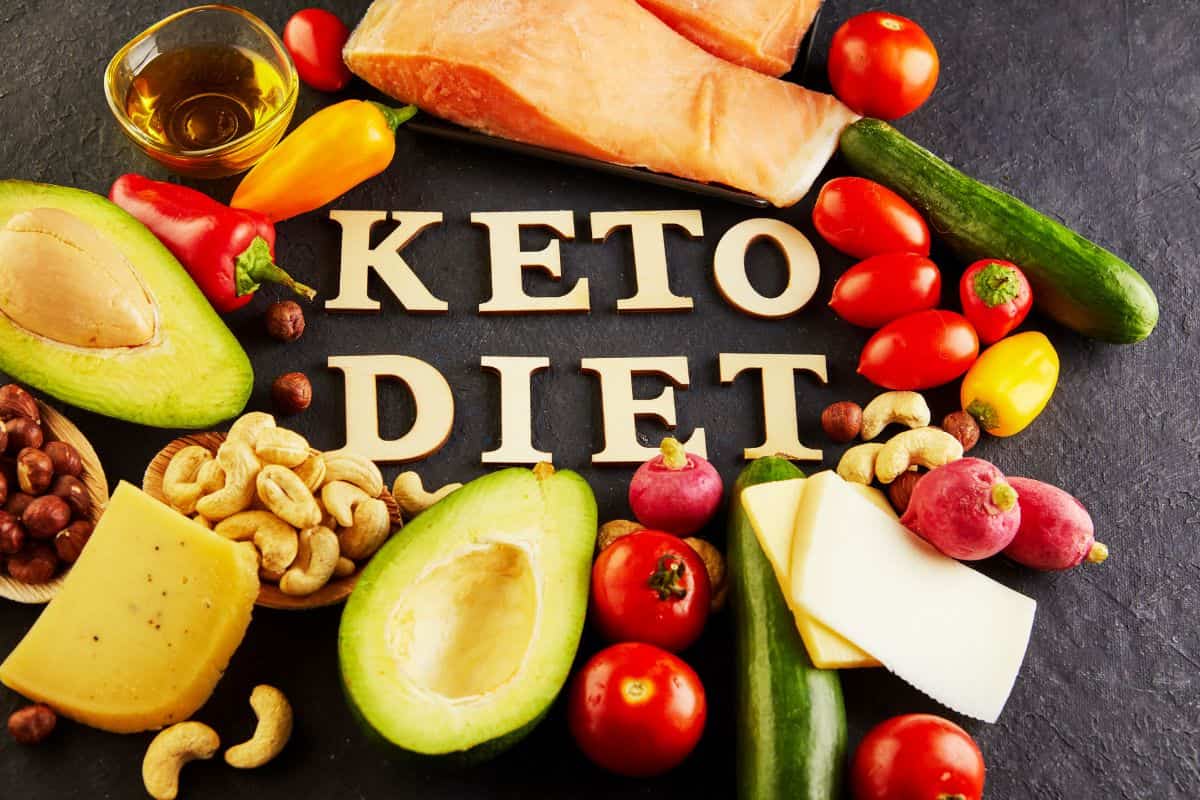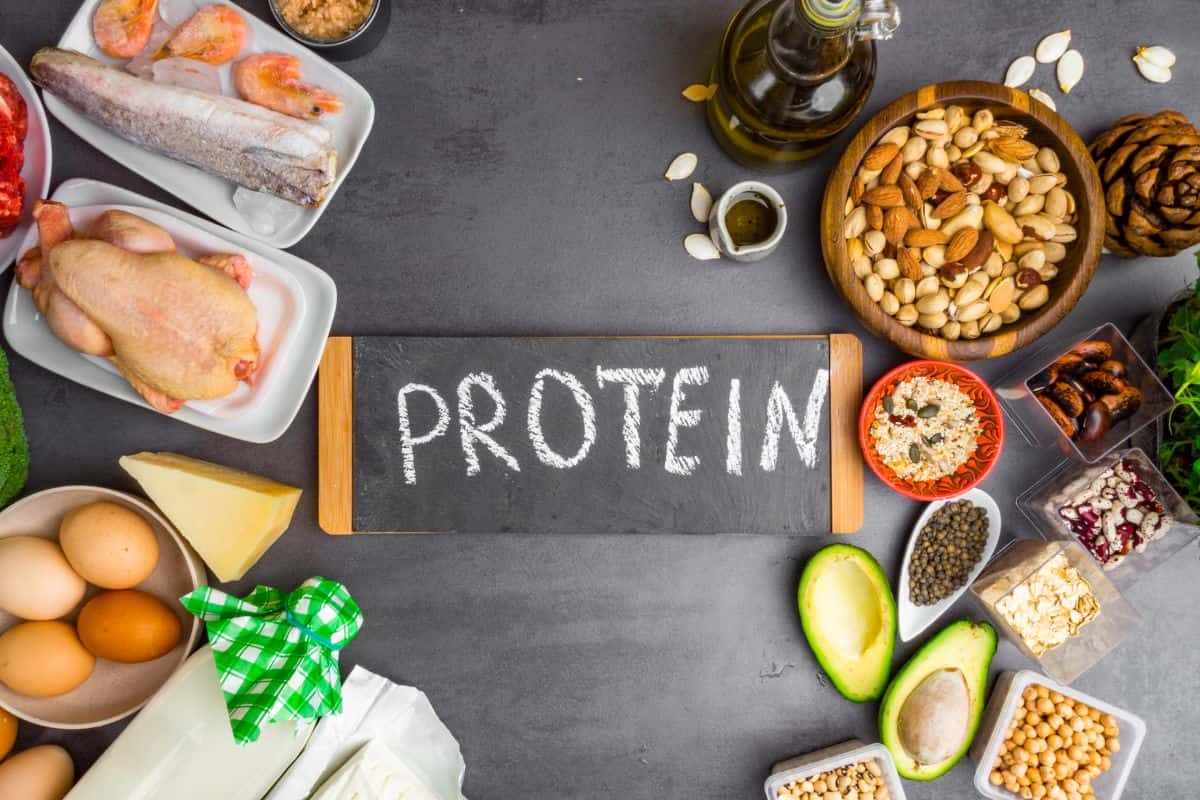In recent years, the quest for healthier living and optimal well-being has led to a surge of interest in various dietary regimens. Among these options, the ketogenic diet has emerged as one of the most talked-about and widely embraced eating plans. But what exactly is this diet, and why has it captured the attention of fitness enthusiasts, celebrities, and healthcare professionals alike?
The ketogenic diet is more than just a fleeting trend. It represents a fundamental shift in how we approach food, nutrition, and our bodies. While the term "keto" might sound scientific and complex, the principles behind it are simple and grounded in our biology. At its core, the ketogenic diet seeks to change the way our bodies fuel themselves, swapping traditional carbohydrates for fats as the primary energy source.
The allure of the ketogenic diet lies in its promise of weight loss, enhanced energy, and potential health benefits. But like any significant lifestyle change, it requires understanding, commitment, and the willingness to embrace a new way of eating.
In this article, we'll explore the ketogenic diet from its basic principles to its potential rewards and risks. We'll uncover the foods that fit into this way of eating, and provide guidance for those looking to embark on this journey. Whether you're a curious beginner or someone seeking to deepen your understanding of this popular diet, this guide is your key to unlocking the keto lifestyle.
What is the Ketogenic Diet?
The ketogenic diet is a high-fat, low-carbohydrate eating plan designed to force the body into a state known as ketosis. But what does this mean, and why is it beneficial?
Definition and Explanation
In a typical diet, carbohydrates, found in foods like bread, pasta, and sugary treats, are the body's main source of energy. They are quickly converted into glucose, providing immediate fuel for our muscles and brain. However, the ketogenic diet turns this process on its head.
By drastically reducing carbohydrate intake and increasing fats, the body is compelled to seek an alternative energy source. This leads to the liver breaking down fat into molecules called ketones, which can be used as fuel. This shift in metabolism is what defines the state of being in ketosis.
Comparison with Other Diets
Unlike other low-carb diets, such as the Atkins diet, the ketogenic diet focuses not just on reducing carbohydrates but also on increasing healthy fat consumption. This unique balance is what sets the ketogenic diet apart and enables the body to enter and sustain ketosis, providing a distinctive set of benefits that we will explore in the next section.
The Benefits of the Ketogenic Diet
The appeal of the ketogenic diet extends beyond its unconventional approach to nutrition. Here's a look at some of the benefits that have contributed to its popularity.
Weight Loss
One of the most sought-after advantages of the ketogenic diet is its potential for weight loss. By burning fats instead of carbohydrates, the body may shed excess fat more effectively. The high-fat content also tends to promote a feeling of fullness, reducing overall calorie intake.
Energy Levels
Those who follow the ketogenic diet often report a noticeable increase in energy levels. Since ketones are a consistent and efficient fuel source, individuals may experience fewer energy spikes and crashes that often accompany a high-carbohydrate diet.
Medical Applications
The ketogenic diet's therapeutic potential extends into the medical realm as well. It has been used as a treatment for epilepsy since the early 20th century, particularly in cases where traditional medications have been ineffective. Research is also exploring its potential benefits for conditions like Alzheimer's, Parkinson's, and even certain cancers.
The Negatives of the Ketogenic Diet
While the benefits of the ketogenic diet are intriguing, it's essential to approach it with awareness of potential drawbacks.
Potential Side Effects
The initial transition to the ketogenic diet can be challenging. Common side effects, known as "keto flu," may include headaches, fatigue, nausea, and irritability. These symptoms typically subside as the body adjusts to being in ketosis.
Who Should Avoid It?
Certain individuals, such as those with liver or kidney issues, pregnant or breastfeeding women, and individuals with certain metabolic disorders, should approach the ketogenic diet with caution or avoid it altogether. Always consult with a healthcare provider before making significant dietary changes.
Long-term Sustainability
The restrictive nature of the ketogenic diet may make it difficult for some individuals to maintain in the long term. It requires careful planning and can limit social dining experiences.
Foods to Eat and Avoid

Embarking on the ketogenic diet involves understanding which foods align with its principles. Here's a guideline to help navigate this new culinary landscape:
Foods to Eat
- Fats and Oils: Avocado, olive oil, coconut oil, butter.
- Proteins: Meat, poultry, fish, eggs.
- Vegetables: Leafy greens, cauliflower, broccoli, zucchini.
- Dairy: Cheese, cream, full-fat yoghurt.
Foods to Avoid
- Carbohydrates: Bread, pasta, rice, sugary snacks.
- Starchy Vegetables: Potatoes, corn, peas.
- Fruits: Most fruits, except small portions of berries.
- Processed Foods: Anything with added sugars and unhealthy fats.
Conclusion
The ketogenic diet represents a fascinating intersection of biology, nutrition, and lifestyle. Its unique approach to fueling the body has garnered both acclaim and criticism. For those intrigued by its principles and willing to explore a different way of eating, it may offer a path to various health benefits.
However, the ketogenic diet is not a one-size-fits-all solution. Careful consideration, planning, and consultation with healthcare professionals are vital for anyone considering this journey.










